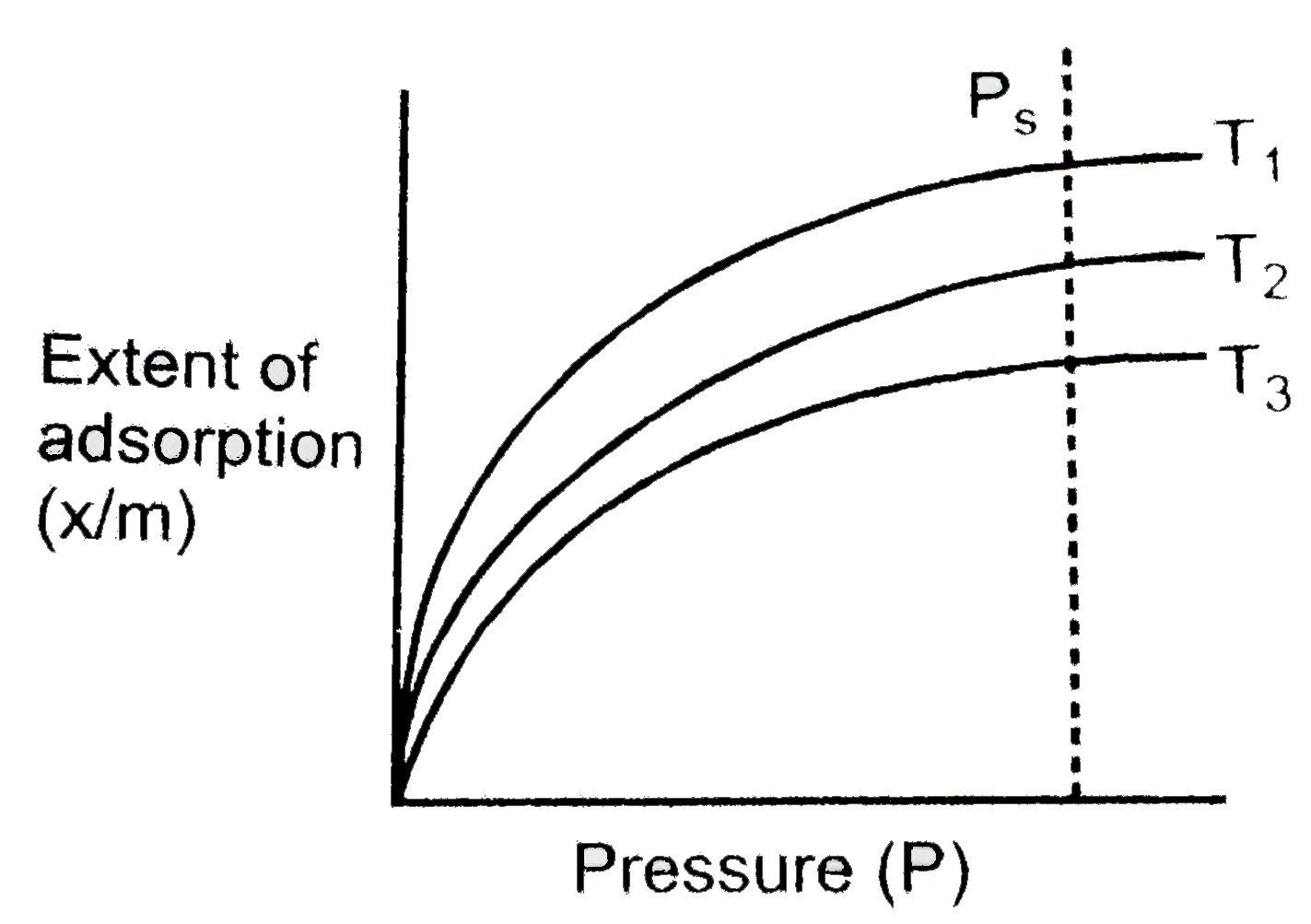For a reaction initial rate is given as : R0=k[A0]2[B0]. By what factor, the initial rate of reaction will increase if initial concentration is taken 1.5 times and B is tripled?Solution in Punjabi
4.5
2.25
6.75
None of these
The correct Answer is:C
Step by step video & image solution for For a reaction initial rate is given as : R_(0)=k[A_(0)]^(2)[B_(0)]. By what factor, the initial rate of reaction will increase if initial concentration is taken 1.5 times and B is tripled? by Chemistry experts to help you in doubts & scoring excellent marks in Class 12 exams.
Updated on:21/07/2023Topper's Solved these Questions
- CHEMICAL KINETIC & NUCLEAR CHEMISTRYBOOK - NARENDRA AWASTHICHAPTER - CHEMICAL KINETIC & NUCLEAR CHEMISTRYEXERCISE - Level 1 (Q.3 To Q.32)
1 Videos
- CHEMICAL KINETIC & NUCLEAR CHEMISTRYBOOK - NARENDRA AWASTHICHAPTER - CHEMICAL KINETIC & NUCLEAR CHEMISTRYEXERCISE - Level 1 (Q.33 To Q.62)
2 Videos
- SURFACE CHEMISTRYBOOK - NARENDRA AWASTHICHAPTER - SURFACE CHEMISTRYEXERCISE - Level -2
1 Videos
Similar Questions
The following data pertain to reaction between A and B
S.No[A][B]RatemolL−1molL−1molL−1sec−1I1×10−22×10−22×10−4II2×10−22×10−24×10−4III2×10−24×10−28×10−4
Which of the following interference(s) can be drawn from the above data
(a) Rate constatnt of the reaction 10−4
(b) Rate law of reaction is k[A][B]
(c ) Rate of reaction increases four times on doubling the concentration of both the reactant Select the correct answer codes:
a) a,b and C
b) a and b
c) b and c
d) c alone
View Solutioncolumn Icolumn IIP.Zero order reaction1.t1/2α1[A]0Q.First order reaction2.t100%=[A]0/kR.second order reactions3.Involves at least two reactantsS.Pseudo unimolecular reaction4.[A]=[A]0e−kt
View Solutionfor the graph below, select correct order of temperture ?

View SolutionFor a hypothetical reaction ArarrB , it is found that the rate constant = x s^(-1) . By what factor the rate is increased if the initial concentration of A is tripled?
View SolutionFor a reaction initial rate is given as : R0=k[A0]2[B0]. By what factor, the initial rate of reaction will increase if initial concentration is taken 1.5 times and B is tripled?
View SolutionFor A_((s))+B_((s))toC_((s)) ,rate= k[A]^(1//2)[B]^(2) , if initial concentration of A and B are increased by factors 4 and 2 respectively, then the initial rate is changed by the factor:
View SolutionFor a first order reaction R→P, the rate constant is k. if the initial concentration of R is [R0], the concentration of R at any time 't' is given by the expression-
View SolutionIn the following reaction , the initial concentration of the reactant and initial rate at 298 K are given
2A→C+D
[A]0molL−1Initial rate in molL−1s−10.015.0×10−50.022×10−4
The value of rate constant of this reaction at 298 K is
View SolutionIn a reactio between A and B, the initial rate of reaction (r_(0)) was measured for different initial concentrations of A and B as given below : What is the order of the reaction with respect to A and B?
View Solutionwhen the concentration of a particular reactant is tripled, the initial rate of the reaction increases by a factor of nine, what is the order of the reaction with respect to this reactant?
View SolutionFor the elementary reaction aA+bB→ product, the initial reaction-rate is r0 if the initial concentration of A is doubled and that of B is held constant, the reaction-rate becomes 4r0 On doubling the initial concentration of both A and B, the reaction-rate become 8r0 Which one of A and B , the disappears to a larger extent at a given time?
View SolutionFor a reaction initial rate is given as : R0=k[A0]2[B0]. By what factor, the initial rate of reaction will increase if initial concentration is taken 1.5 times and B is tripled?
View SolutionThe rate expression for the reaction A_((g)) + B_((g)) rarr C_((g))" is rate" = k[A]^(2)[B]^(1//2) . What changes in the initial concentrations of A and B will cause the rate of reaction to increase by a factor of eight?
View SolutionThe rate expression for the reaction A_((g))+B_((g))toC_((g)) is rate =kC_(A)^(2)C_(B)^(1//2) what changes in the initial concentrations of A and B will cause the rate of reaction to increase by a factor of eight?
View SolutionThe rate expression for the reaction A(g)+B(g)→C(g) is rate =kC2AC1/2B what changes in the initial concentrations of A and B will cause the rate of reaction to increase by a factor of eight?
View SolutionFor a reaction initial rate is given as : R0=k[A0]2[B0]. By what factor, the initial rate of reaction will increase if initial concentration is taken 1.5 times and B is tripled?
View Solution
